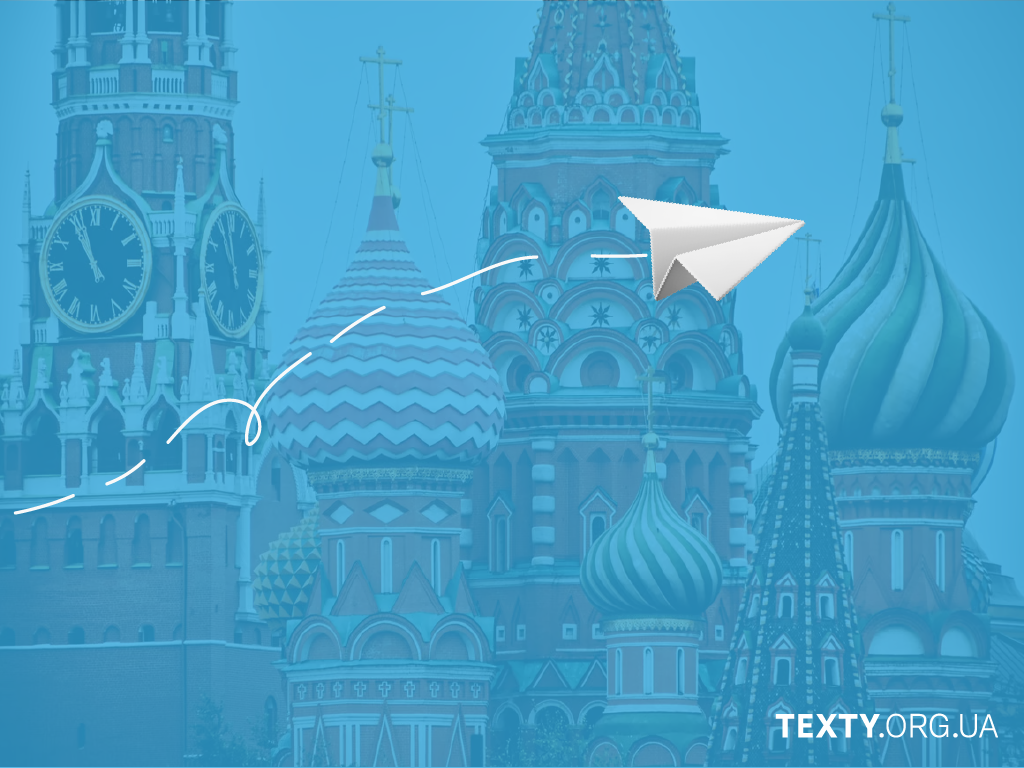How censorship in Telegram works in favor of the Kremlin
Russian opposition journalist-in-exile Andrei Grigoriev, who supports Ukraine, described examples of how shadow censorship on Telegram makes decisions in favor of the Kremlin on his Facebook page.
We are reprinting this post in English translation with the author's permission.

The Russian segment of the Internet continues to tear up its vests, declaring the virtual space to be a cheerful Je suis Paul Duroff. For some reason, the liberal part of Duroff's support is based on the premise that we are witnessing yet another attack on the freedom of information exchange by the state. This premise is inherently flawed.
Since 2023, I've been thinking more and more about finding a backup platform for my channel outside of Telegram.
There are several reasons for this.
First, in 2023, Telegram blocked several opposition Bashkir channels without any clear justification. The blocking surprisingly coincided with another series of attacks on the opposition by the head of Bashkortostan, Radiy Khabirov.
This is more than just an illustrative case. All representatives of national and regionalist movements have been living on a powder keg since then. All the content that they posted on their Telegram channels can be zeroed out at a moment's notice. The Telegram administration will not engage in a dialog with them.
Secondly, I have experienced this firsthand: Telegram has restricted my personal account twice in the last year (Grigoriev is the author of the personal Telegram channel "Bath Sheet. Instructions for the Collapse of Russia" — Ed.) The second of the restrictions is still in effect today. In both cases, it was preceded by conflicts with Putin's Nazis. The restrictions deprive me of the opportunity to write in public chats, but that's half the problem. What's much worse is that I can't be the first to send messages to the lion's share of my old contacts, let alone new ones.
That is, if one of the people I've been communicating with for years hasn't complied with an optional formality by adding me to their list in a clearly defined way, then that's it. I won't be able to write to them myself until the restriction is lifted. And when will they be lifted, by the way? I don't know. The bot, which responds to my claims with typical verbal constructions, does not tell me.
Moreover, I still haven't even read the accusation that allowed me to be restricted. The Telegram administration's "volunteers" — technically, you can write to them if you are not satisfied with the bot's responses - simply ignored my letters.
Thus, Telegram has limited my ability to:
- Collecting information related, in particular, to the crimes of the Putin regime — this is one.
- Helping people who remain in Russia (in case some of them may, for example, need to be urgently evacuated from the country) is two.
Thirdly, and this should be known by now by everyone who has followed the recent movements of the owner of Telegram, Pasha Durov was hanging around in Baku for some reason during Vladimir Putin's visit there (in addition, in 2014-2021, he often traveled to Russia secretly — Ed.). This is a coincidence that inevitably leads to appropriate thoughts.
So, I will disappoint Durov's liberal defenders. Telegram has already demonstrated a set of tools aimed at restricting the free flow of information. By a curious coincidence, the Kremlin is the beneficiary of these restrictions.

